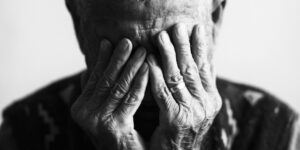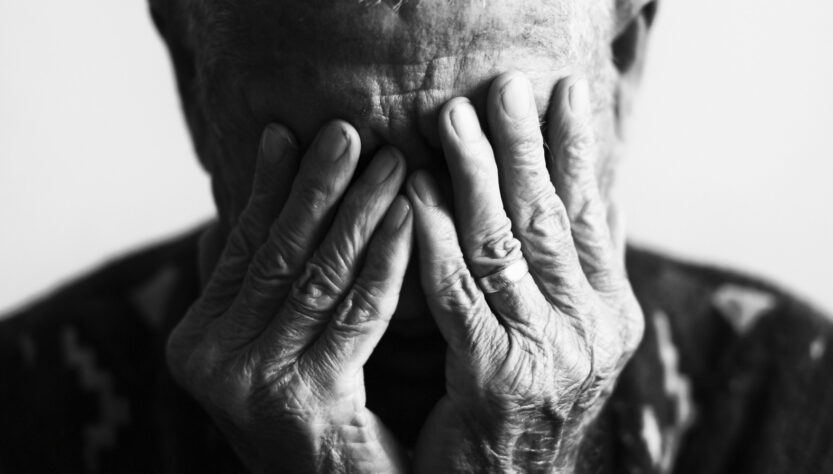
Depression in the Elderly
More than low mood.
The changes that often come in later life—retirement, the death of loved ones, increased isolation, medical problems, bereavement can all lead to depression. Depression prevents someone from enjoying life like they used to but its effects go far beyond low mood. It also impacts their energy, sleep, appetite, and physical health. However, depression is not an inevitable part of ageing, and there are many steps that can be taken to overcome the symptoms. Senior living homes can help reduce loneliness as there is always someone around.
Depression is a common problem in the elderly and unfortunately many fail to recognize the symptoms or don’t take the steps to get the help they need. There are many reasons depression in the elderly is so often overlooked:
- They assume they have good reason to feel down or that depression is just part of ageing.
- They may be isolated which in itself has been proved to lead to depression, with few around to notice their distress.
- They may also not realize that their physical complaints are signs of depression.
- They may be reluctant to talk about their feelings or ask for help. The elderly are very proud.
Depression in the elderly can be treated, and with the right support, treatment restore a happy and more vibrant life. Here are some causes of depression.
- Health problems – Illness and disability; chronic or severe pain; cognitive decline; damage to body image due to surgery or disease.
- Loneliness and isolation – Living alone; a dwindling social circle due to deaths or relocation; decreased mobility due to illness or loss of driving privileges.
- Reduced sense of purpose – Feelings of purposelessness or loss of identity due to retirement or physical limitations on activities.
- Fears – Fear of death or dying; anxiety over financial problems or health issues.
- Recent bereavement – The death of friends, family members, and pets; the loss of a spouse or partner.
If you feel an elderly person you know may be depressed then the first person to speak to is their GP who will advise them of the help available them. Please don’t let someone suffer in silence. Depression is also a symptom of dementia in some cases and can be common in

